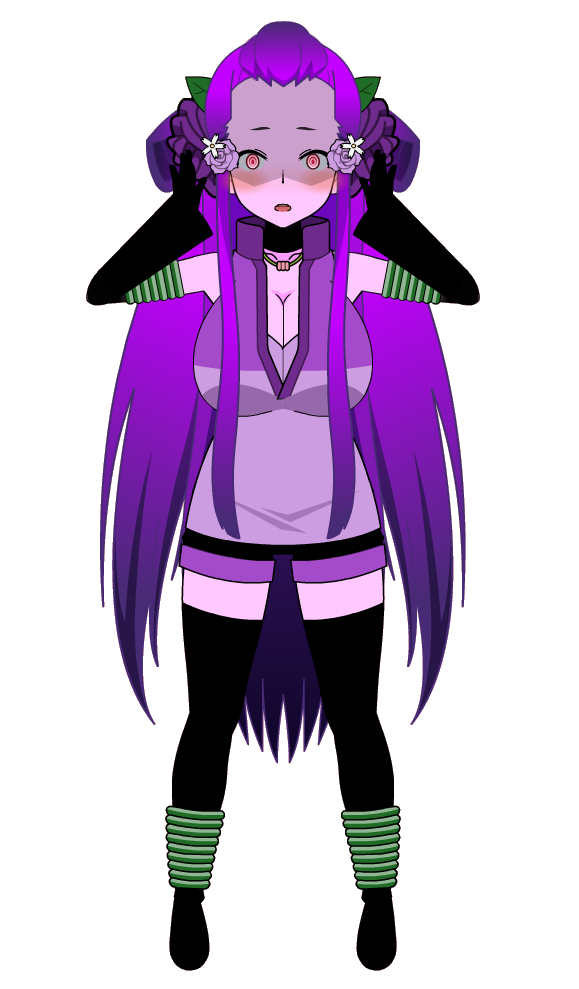Is the world of gaming witnessing a new era with Microsoft's acquisition of Activision Blizzard? A bold statement can be made that this $69 billion deal is set to redefine the landscape of interactive entertainment as we know it. The completion of this monumental transaction, which includes iconic franchises like Call of Duty and World of Warcraft, marks a significant shift in the industry's power dynamics.
This acquisition follows a series of regulatory hurdles that were eventually overcome, paving the way for Microsoft to expand its footprint in the gaming sector. The decision by regulators to allow the deal underscores the growing importance of gaming as a cultural and economic force. With titles such as Call of Duty leading the charge, Microsoft now has the potential to shape the future of gaming experiences globally. This move not only consolidates Microsoft’s position but also sets a precedent for future mergers and acquisitions within the industry.
| Bio Data | Details |
|---|---|
| Name | Microsoft Corporation |
| Founded | April 4, 1975 |
| Founder(s) | Bill Gates, Paul Allen |
| Headquarters | Redmond, Washington, USA |
| Industry | Technology, Gaming |
| Products | Windows OS, Xbox, Surface Devices, etc. |
| Website | Microsoft Official Website |
Meanwhile, on a different front, the families of victims from the tragic Uvalde school shooting have initiated legal action against Meta Platforms and Activision Blizzard. This lawsuit raises critical questions about the influence of video games, particularly those with violent themes such as Call of Duty, on societal behavior. While these games are often defended as mere forms of entertainment, the case highlights the broader debate surrounding their impact on young minds and public safety.
In response to these challenges, Activision Blizzard continues to emphasize its commitment to responsible gaming practices. As the leading worldwide developer, publisher, and distributor of interactive entertainment products, the company strives to balance innovation with ethical considerations. Their involvement in initiatives like the Call of Duty Endowment further demonstrates their dedication to positive social contributions. Through programs aimed at supporting veterans and military personnel, Activision seeks to honor those who have served while promoting a culture of respect and community engagement.
For fans of the franchise, tools such as the COD OC maker provide an engaging way to interact with the Call of Duty universe. These platforms enable users to create personalized characters, offering endless possibilities for customization. Whether designing full-body avatars or crafting intricate portraits, enthusiasts can immerse themselves in the tactical and military themes that define the series. Such creativity fosters a deeper connection between players and the game, enhancing overall enjoyment and participation.
Moreover, advancements in AI technology are revolutionizing character design processes. With the advent of AI-powered tools, generating hyper-realistic images has become more accessible than ever before. Users can experiment with various appearances, gear configurations, and environmental settings to produce visually striking results. This democratization of creative resources empowers individuals to bring their imaginative visions to life without requiring extensive technical expertise. Consequently, the boundaries of artistic expression continue to expand, enriching the gaming experience for all participants.
As discussions around gaming evolve, so too does the role of developers in shaping public discourse. Companies like Activision Blizzard must navigate complex terrain, balancing commercial interests with social responsibilities. By addressing concerns head-on and fostering open dialogue, they can work towards building trust with stakeholders and communities alike. Ultimately, the goal remains to deliver high-quality entertainment while contributing positively to society.
In conclusion, the intersection of business strategy, technological innovation, and ethical responsibility defines the modern gaming industry. As giants like Microsoft reshape the competitive landscape, smaller yet impactful decisions—such as those concerning content creation and community engagement—play crucial roles in determining long-term success. Together, these elements form a dynamic ecosystem where creativity thrives, challenges are met, and progress is achieved through collaboration and vision.



